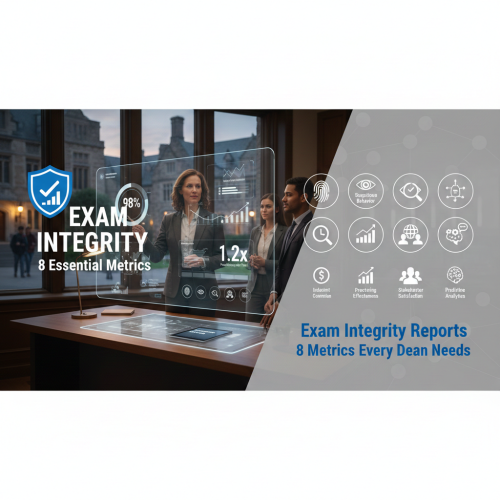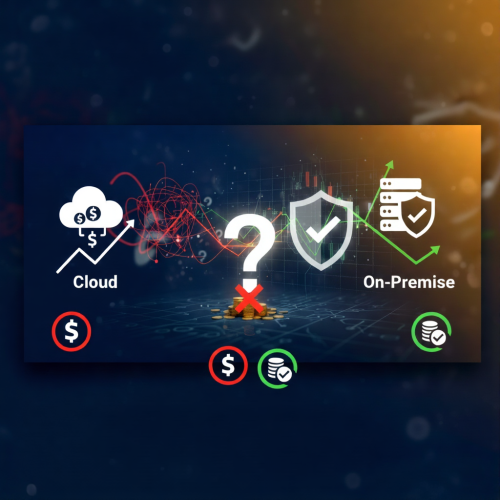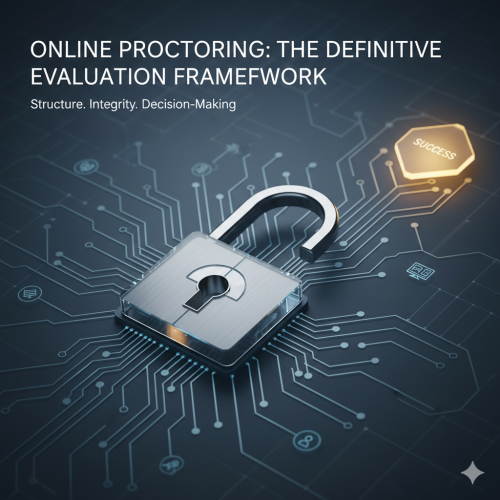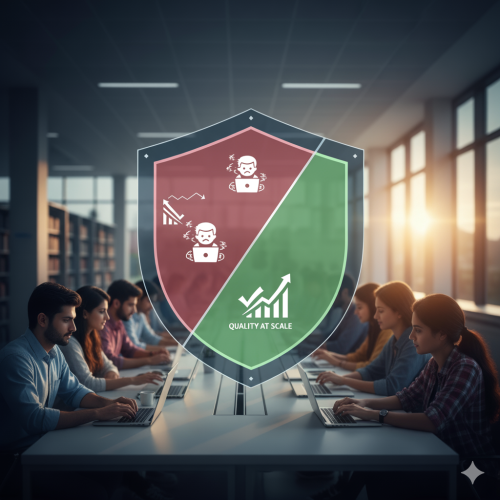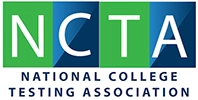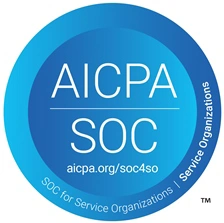It’s coming up on the one-year anniversary of colleges around the country switching their classic in-person courses to virtual ones. Technology has not been the only thing expected to keep up with these changes; the professors behind the screens have had to adapt to more than their initial job descriptions could have ever detailed.
Abrupt, ever-changing situations are never ideal, and all kinds of teachers have had to get creative, working to engage their students in relatively untraditional circumstances. But that doesn’t mean they haven’t had to learn how to engage themselves, doing everything they can to be effective communicators, leaders and role models in these challenging times.
Environment Change
New work environments, and moving from a lecture hall to a bedroom or home office, has led to their own sets of personal challenges. Teaching from home instead of classrooms is not only different; it comes with distractions, varied schedules, and even accommodations regarding time zones and students’ individual needs.
Even though returns to campus have started to gradually pan out over the last few months, the rate has not kept up with educators’ primary expectations set last March. But we’ve learned that, as nice as it can be to talk with people face-to-face, lots of responsibilities that lie in institutions of higher learning don’t need to be carried out in-person. Inside HigherEd’s Joshua Kim reminds us, “that much, if not all, of the work that many people do in higher ed is well suited for remote work.”
Of course there are class exceptions to traditional lectures and discussions, such as science labs and dance studios, but even in those scenarios are solutions that allow for virtual learning experiences. All the required tools like bunsen burners, large spaces, and sprung marley dance floors may be on campus, and those very well might be the kinds of classes guaranteed to continue in-person as soon as the pandemic shifts enough. But not all classes require those kinds of specific, physical things.
Initial Struggles
There is a huge transition into remote work for all industries, including education – but, despite initial struggles, educators are coping with remote teaching, and, in some cases, they’re thriving, digging into upsides that they, nor their students, ever could have ever imagined. In some cases, students can watch pre-recorded lectures and complete personal assessments whenever it’s convenient for them. Likewise, educators can create materials and learning experiences whenever they wish. People are now putting themselves and their lives before their work and schooling.
Since the shift to virtual learning was so immediate, the early trials’ challenges were so enormous that remote teaching may have seemed cumbersome. But after enduring the new teaching model for so long, remote and hybrid learning may be a better option moving forward. It’s worth exploring the cost-effectiveness of hybrid models of remote learning and remote testing even in a few years when (hopefully) the pandemic is over.
In the wake of remote teaching, many colleges have created online resources to support their staff to accommodate their variety of lifestyle (and workstyle) changes thanks to COVID-19. These are sure to continue as staples of HR and IT resources, promoting more open information and communication.
Remote Teaching Now
The future of HigherEd may not be so focused on campus and lecture halls – “places” – either. Instead, administrators may begin embracing the intrinsic values of each college and university’s unique educational experiences that can’t be tied to physical spaces. This new attitude also lends itself to being more inclusive (a big goal for universities at this point in time) and flexible, encouraging potential nontraditional students to take a chance on investing in themselves.
Regardless of how transitions from in-person to remote learning are going, it’s important to remember that dozens of collegiate programs have been online for decades, setting the standard for what virtual learning can accomplish. Undergraduate and graduate degrees can be obtained from online schools such as Harvard Online and the University of Phoenix.
This method of earning a degree has been proven to work prior to COVID-19, so there’s no reason other institutions can’t take note of that success. If students can learn from anywhere, professors can teach from anywhere.

